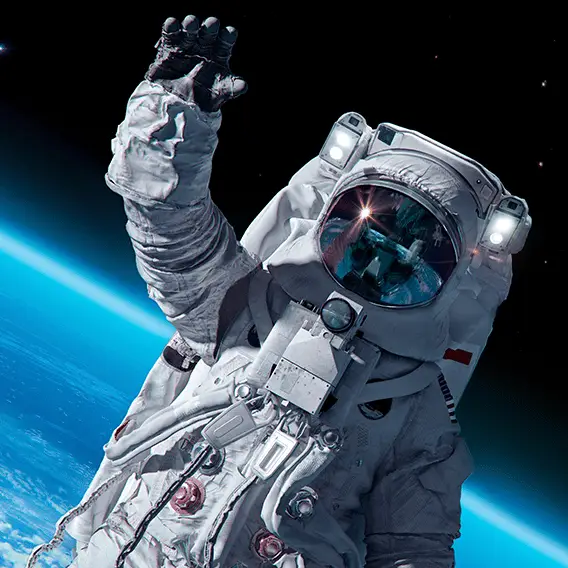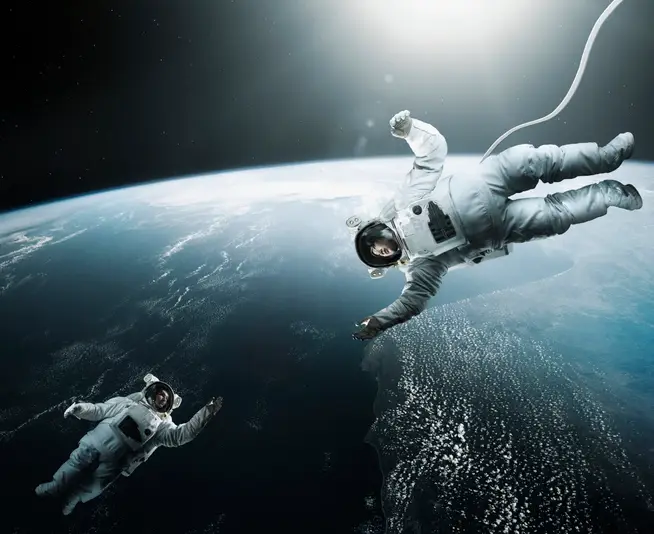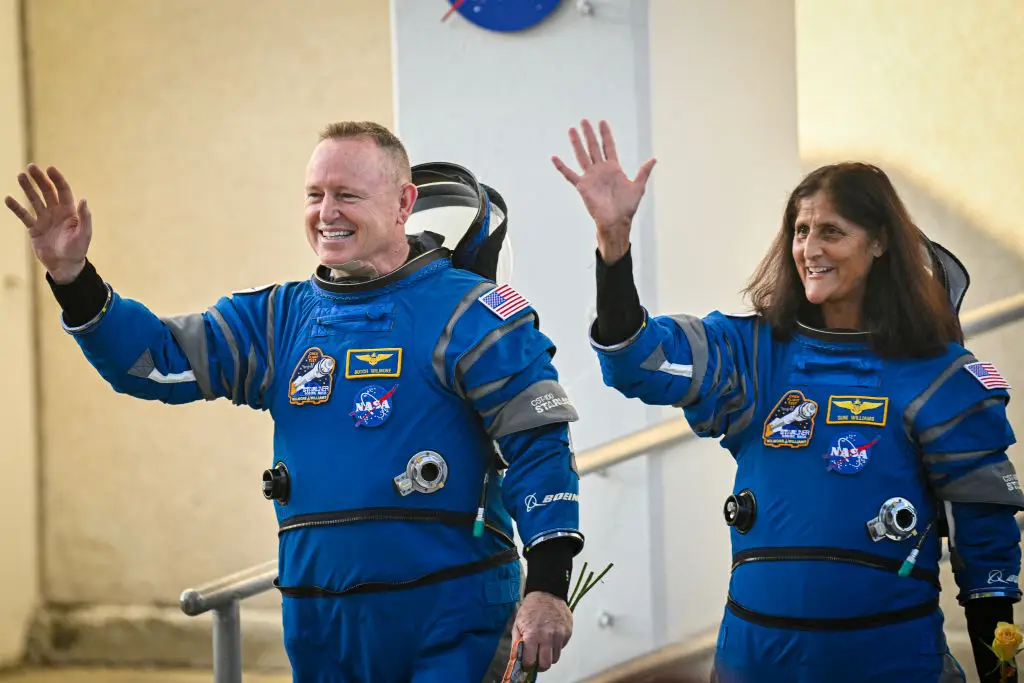
Being an astronaut is no easy job, but it's certainly impressive.
Ask any group of children what they want to be when they grow up, and you're guaranteed to hear at least one say 'astronaut'.
And it's easy to see why - What could be more exciting than exploring outer space and life on different planets?
Astronauts are highly skilled and take on dangerous missions, not to mention the amount of training and expertise required, so you'd probably assume that it would come with a high degree of job security and a healthy salary.
Advert
Especially since so many have gone onto become household names, such as Buzz Aldrin and Chris Hadfield achieving what many see as 'celebrity status'.
But, you might just be mistaken.

Surprisingly, job listings from both the US and UK show that aspiring astronauts might only earn modest salaries.
According to a UK government website, junior astronauts start on just £40,000 ($50,000) - which really isn't that much more than the median annual UK salary, £34,963 ($44,358) in April 2023.
Wondering if you can work your way up? The salary for senior astronauts increases to around £86,000 ($110,000) - Which doesn't sound too bad, but the risk of freezing to death in the vacuum of space feels like it should pay slightly higher.
However, the entry salary appears to have now changed to state a 'variable' salary, so it's possible that it's increased.
Plus, there's lots of other factors at play - perhaps astronauts get promoted away from active spacefaring into management or coordination roles that pay more.
But if the numbers are correct, it's a lot less than many of us would have presumed astronauts would be taking home.

It's good news for American astronauts, as it looks like things are a little better in the US.
According to Space.com, civilian astronaut salaries at NASA start at around $81,216 (£64,019), going up to $146,757 (£115,673) for the most experienced astronauts.
Still, we can't help but feel that these numbers in both countries will surprise most people, especially given how competitive the astronaut field can be.
With that said, once you're trained up, it's a surprisingly typical one in some ways - you'll work five-day weeks, even if you're literally floating around the International Space Station, with relatively normal hours.
With space exploration evolving more and more, alongside manned missions to the Moon now on the horizon for the first time in years, maybe the salaries will be given a generous boost.
